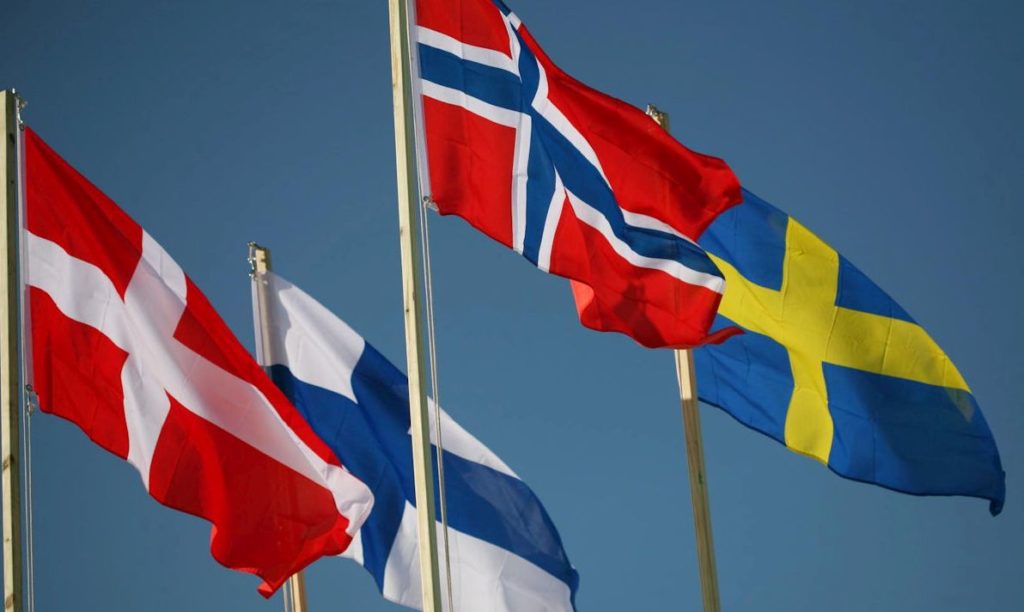
Are the Scandinavian languages similar to each other
The Scandinavian languages share many common grammatical and lexical elements, which means that people who know at least one of these languages will find it easier to learn another language from the region. Danish, Swedish and Norwegian are examples of languages belonging to the North Germanic language family. The languages spoken in Denmark, Sweden and Norway are very similar, especially in terms of spelling, but the pronunciation in Danish differs significantly from that in Swedish or Norwegian.
Finland is also often included among the Scandinavian countries for historical and territorial reasons. However, Finnish, which belongs to the subfamily of Finno-Ugric languages, is radically different from Swedish, Danish or Norwegian, and is related to Estonian and Hungarian.
Translations into Scandinavian languages
Swedish and Norwegian languages are becoming more and more popular in Poland, and Polish language schools and universities have started offering the possibility to study these languages.
Knowledge of Scandinavian languages does not only come with a wide range of professional development opportunities, but also with an opportunity to get to know the countries of happy people and their philosophy (Swedish "lagom" or Danish "hygge").
The demand for translations into Scandinavian languages is growing with the development of emigration to Scandinavian countries and the growing demand for employees who are fluent also in Swedish, Norwegian or Danish, in addition to English.
Translators’ remuneration is influenced not only by the language used, but also by the specialization of the translator - translators performing medical, legal or technical translations can count on better salaries.
Higher rates may also be imposed by sworn translators with special qualifications (granted after completing philological studies and passing a special exam). They can officially perform sworn translations only once included on the list of sworn translators of the Ministry of Justice.
Thanks to cooperation with many experienced translators, we offer translations not only in Scandinavian languages, but also in other less popular languages: Catalan, Moldovan, Mongolian, Vietnamese and Persian. We also accept orders for large multilingual projects, adapting our services to the needs of each client.
If you are looking for professional translation services in English, German, Ukrainian or other languages - feel free to contact us.